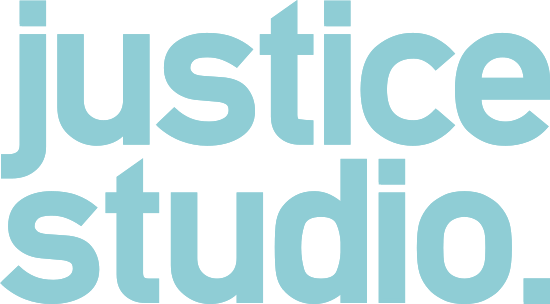
Goodbye international development. The right of one set of countries to dictate to another set of countries is being increasingly undermined by global economic, technological and social shifts. It is high time for western powers to start taking more responsibility for their own actions in the world before they try to change others. It is less and less likely that such countries will be allowed to speak for, dictate policy to, and ‘develop’ other states and their people. Indeed, these states must be getting tired of being on the receiving end of condescending global aid development relationships.
Those working in international development are increasingly conscious of this. International Civil Society Organisations (ICSOs) are being challenged from all sides. They are having to deal with less money, more stringent controls, and a need to work with a multiplicity of different actors, especially the private sector. They are also aware that the changing world order questions the framing of their missions and the very premise of ‘international development’. In our work with them Justice Studio is helping them to adjust in order to ensure their work remains relevant and effective.
There is a lot to adjust to. The decline in United States’ and Europe’s economic influence is altering the structures established by post colonial aid and challenges the validity of the ‘development’ dynamic. The demise of western global influence can be seen in dwindling economic terms partly as a result of the 2007 financial crisis, and also the rise in the economy of new powers. Indeed the western powers, who have patronisingly referred to themselves as “first world” or “developed” and to others as “third world” or “developing” can no longer do so because ‘the GDP of developing countries is now at least equal to the developed world’.
Indeed, countries hitherto seen as “developing” or “the Global South” are rising in economic strength. The countries known as the BRICS (Brazil, Russia, India, China and South Africa) are challenging the global structural inequalities. Their combined share of world GDP is expected to match that of the original G7 countries by 2030. Other countries, such as Turkey, Poland, Indonesia and Iran are also becoming more and more powerful on the global stage. The next eleven (N11) grouping that includes Turkey, Indonesia, Iran, South Korea, Mexico, the Philippines, Egypt, Pakistan, Vietnam, Nigeria and Bangladesh are set to rise in influence in their own regions but also in multilateral forums meaning that categorisations between groups of countries are increasingly irrelevant.
Countries who were previously the recipients of aid are now giving it themselves, changing the dynamics of the aid industry. Aid is provided through the Gulf States, South Korea and South Africa, Russia, Poland, the Czech Republic, Thailand and Turkey. In 2012 the BRICS collectively invested over US$6 billion in Africa, against US$3.7 billion invested by the United States. China is now the largest non traditional donor to Africa. The BRICS’ New Development Bank (NDB) as well as the Contingent Reserve Arrangement (CRA) and the Chinese led Asian Infrastructure Investment Bank (AIIB) offer a new economic assistance. One that is demand driven, horizontal and gives more choice to recipients. As such, it’s more likely to be sought.
New technology is also changing how aid works. It is becoming more direct. Internet based campaigning organisations such as Avaaz , Change.org and 350.org are challenging the global ICSOs. New mobile phone technology and social networks are enabling people to collaborate more and incite social movements and activism. As Stephen Hopgood argues in The End Times of Human Rights, Egyptian protesters in 2011 made far more progress than decades of protest by Human Rights advocates.
New technology is also better enabling people to empower themselves. We know that technology is reaching people faster than toilets. Collectively African countries are home to twice as many mobile phones as the United States. Africa is the most advanced continent worldwide when it comes to “mobile money”. When we worked in Somaliland on their first Child Rights Act we observed young women directly challenging the arranged marriage system by using mobile phones and Facebook to get to know each other. Young women were choosing their own marriage partners.
Perhaps more importantly, countries that are growing in wealth and power will not want aid from the former Western powers anymore because they will no longer want to be told what to do. Decades of colonialism, followed by decades of aid, have left the relationships around the globe unequal and patronising.
Indeed perhaps it is time for the former Western powers to take a much more critical look at themselves. Burkhard Gnärig from the International Civil Society Centre with whom Justice Studio is currently working, argues that the original development mission cannot be achieved unless affluent countries change themselves, for example by preventing sex tourism and their waste of the world’s finite resources. Rather than certain countries trying to ‘develop’ or change other countries socially or economically they must look at how they are damaging the world and how this can change.
Justice Studio doesn’t like the term ‘international development’. We work with all the countries of the world, from the UK to Somaliland, respecting where they are. No one country has got it right yet. There is much developing that we all need to do in order to ensure a fairer global society. We must be constantly thinking about how we can make our own countries better before we judge others.


Trackbacks/Pingbacks